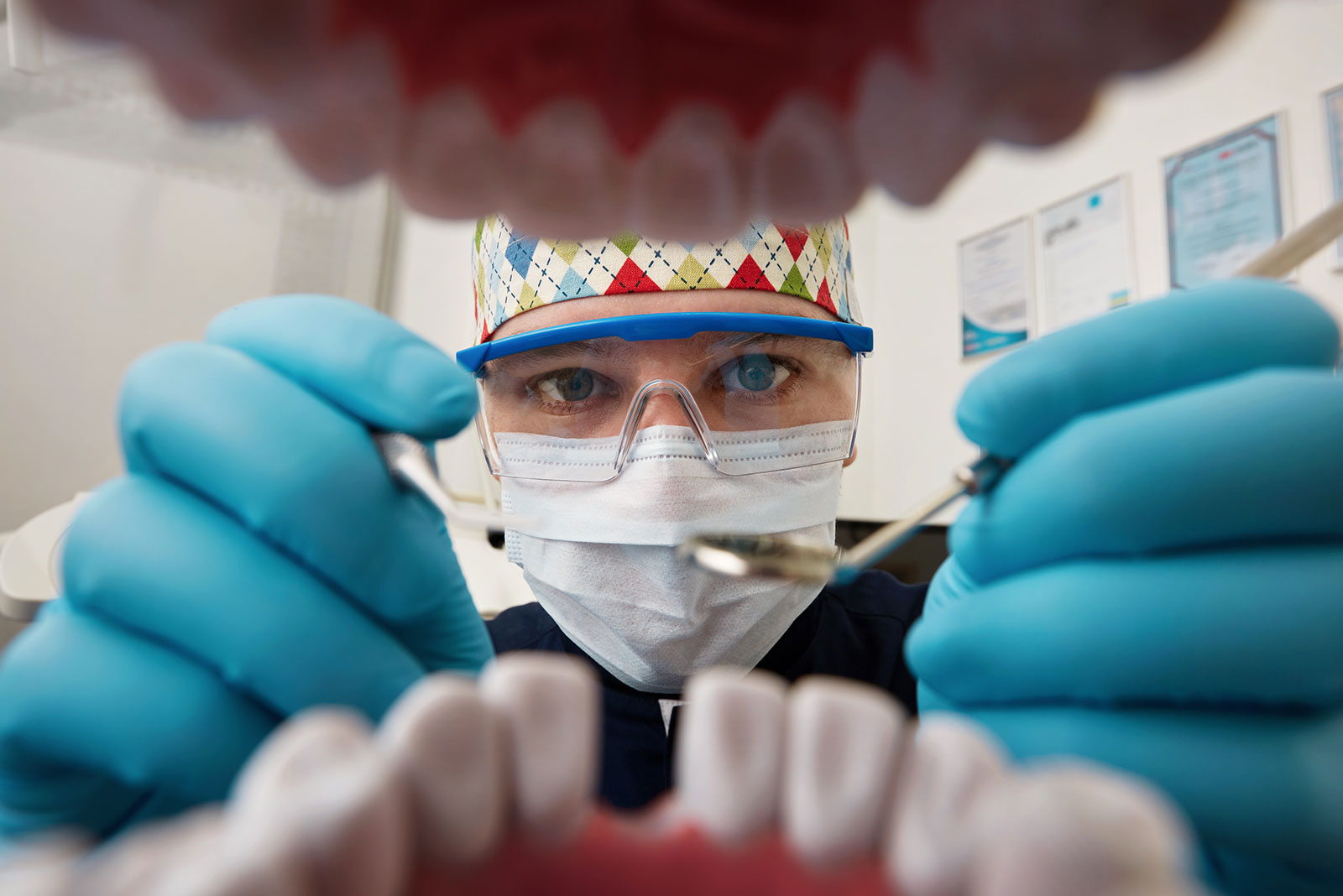Missing teeth can be a major inconvenience, impacting not only your appearance but also your ability to eat and speak properly. Fortunately, dental implants offer a long-lasting solution to replace missing teeth. This article will cover everything you need to know about dental implants, including what they are, the positives and negatives associated with them, the duration of treatment, and the cost.
What is a dental implant?
A dental implant is a titanium post that is surgically placed into the jawbone to replace the root of a missing tooth. Once the implant is in place, a connector called an abutment is attached to the top of the implant, and then a dental crown, bridge, or denture is attached to the abutment to replace the missing tooth or teeth. Dental implants can be used to replace a single tooth, multiple teeth, or even a full arch of teeth.
A dental implant is a surgical component that is placed into the jawbone to support a dental restoration like a crown, bridge, or denture. It is typically made of titanium, a biocompatible material that is strong and durable. The implant serves as an artificial tooth root, providing a secure and stable foundation for the dental restoration.
The dental implant is placed through a surgical procedure that involves making an incision in the gum tissue to expose the jawbone. A hole is drilled into the bone, and the implant is inserted into the hole. Over time, the implant will fuse with the jawbone in a process called osseointegration, creating a strong and permanent bond. Once the implant has fused with the jawbone, a connector piece called an abutment is attached to the implant. The dental restoration, such as a crown or denture, is then attached to the abutment, completing the tooth replacement.
Dental implants can be used to replace a single missing tooth, multiple missing teeth, or even a full arch of missing teeth. They offer many benefits over other tooth replacement options, such as improved appearance, better oral health, increased comfort and function, and durability.
Positives resulting from supplementing missing teeth with implants
There are several positives associated with dental implants, including:
- Improved appearance: Dental implants look and feel like natural teeth, and they can improve your smile by filling in gaps left by missing teeth.
- Better oral health: Dental implants help maintain the structure of the jawbone and prevent adjacent teeth from shifting, which can lead to oral health issues like gum disease and tooth decay.
- Increased comfort and function: Unlike traditional dentures, dental implants are fixed in place and do not slip or move, making them more comfortable to wear and easier to speak and eat with.
- Durable and long-lasting: With proper care, dental implants can last for many years, often even a lifetime.
Additionally, dental implants do not require any special care beyond regular brushing, flossing, and dental check-ups. They do not need to be removed for cleaning or maintenance, as is necessary with dentures or bridges.
Overall, dental implants can improve your quality of life by restoring your ability to eat, speak, and smile with confidence, while also maintaining your oral health and overall facial structure.
Are there any negatives associated with dental restorations with implants?
While dental implants offer many benefits, there are also some negatives to consider, including:
- Expense: Dental implants can be more expensive than other tooth replacement options like dentures or bridges.
- Lengthy treatment: The process of getting a dental implant can take several months and involves multiple appointments with your dentist.
- Not suitable for everyone: Dental implants require a certain amount of healthy jawbone tissue for successful placement, so some people may not be good candidates for the procedure.
Duration of treatment with implants
The duration of treatment with dental implants can vary depending on a number of factors, including the number of teeth being replaced, the health of the jawbone, and whether any additional procedures like bone grafting are needed. In general, the process can take anywhere from several months to over a year to complete. Here is a general timeline of the treatment process:
- Initial consultation: Your dentist will evaluate your oral health and determine whether you are a good candidate for dental implants.
- Implant placement: The titanium post is surgically placed into the jawbone. It may take several months for the implant to fuse with the bone in a process called osseointegration.
- Abutment placement: Once the implant has fused with the jawbone, the abutment is attached to the top of the implant.
- Restoration placement: The dental crown, bridge, or denture is attached to the abutment, completing the tooth replacement.
The duration of the treatment can vary depending on how quickly your body heals, how well you care for your oral health, and other individual factors. Your dentist or oral surgeon can give you a better estimate of the treatment duration based on your specific case.
How much does a dental implant cost?
The cost of a dental implant can vary depending on several factors, including the location of the implant, the number of teeth being replaced, and any additional procedures needed. On average, a single dental implant can cost anywhere from $3,000 to $6,000. However, it is important to keep in mind that dental implants are a long-lasting solution and can potentially last a lifetime with proper care, making them a worthwhile investment for many people.
Summary
Dental implants are a popular and effective solution for replacing missing teeth. They offer many benefits, including improved appearance, better oral health, increased comfort and function, and durability. However, there are also some negatives to consider, including the cost and the lengthy treatment process. If you are considering dental implants, it is important to consult with your dentist to determine whether they are a good option for you.
